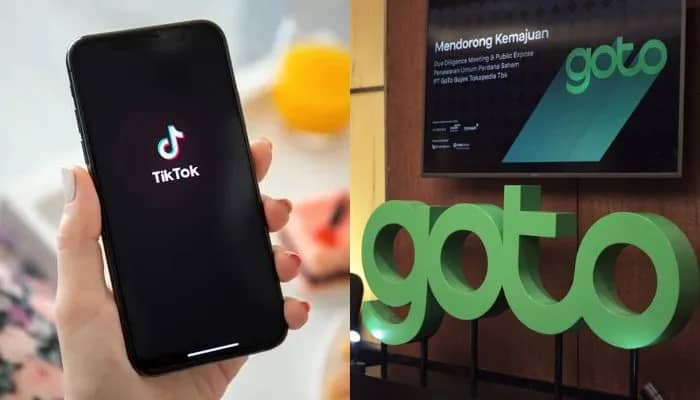Singapore – Skyscanner, the global travel marketplace, looks at a year in which it assisted a record number of passengers in experiencing the world. It now provides a complete overview of Singapore’s travel trends for 2023.
Bangkok maintains its position as the most popular destination in 2023. Travellers from Singapore clearly consider The Land of Smiles to be their first choice, whether they are taking tuk-tuk rides, taking in the nightlife of the city, enjoying mango sticky rice and drinking Thai milk tea at lively night markets, or touring the newest, largest shopping malls.
Bali was named the second most popular location for Singaporean tourists this year. Bali’s attraction is based on its beaches, beach clubs, and a range of water activities, including surfing experiences, making it the ideal retreat for friends, couples, and children.
Travellers from Singapore are increasingly opting to visit affordable Southeast Asian destinations that provide cultural experiences and varied culinary options in the current year. Yogyakarta is the most affordable travel destination, according to Skyscanner data, with return tickets averaged about S$168 per person in 2023.
Yogyakarta is ranked seventh out of the top ten trending locations for Singaporeans in Skyscanner’s Travel Trends 2024 report, indicating one of the largest annual growth rates in search volume.
Speaking about the travel trends, Cyndi Hui, a trend expert, said, “Looking back on the year of travel shows how Singapore has embraced the freedoms of international travel despite the pinch on purse strings. We see how this traveller behaviour correlates with the emerging trends for 2024. Our latest Travel Trends 2024 report highlights how value will remain a key consideration, but not at the expense of cultural exploration, travellers are simply being savvier with how they travel.”
She added, “Next year will see Singapore travellers planning trips to smaller cities in their favourite country, Japan, with 4 Japanese cities coming out as the top trending destination for 2024. We also predict Los Angeles in the US to be a great-value destination for SG travellers in 2024, with flights having dropped by almost a quarter over the past 12 months.”
“2024 will also see Singapore travellers going on Netflix-inspired vacations, with 84% being inspired to take a trip to a destination they’ve seen on the big or small screen. In addition, many may be heading abroad to see their favourite artists play, with almost half (46%) saying they would travel to short-haul destinations to hear their favourite tracks live,” Hui stated.










